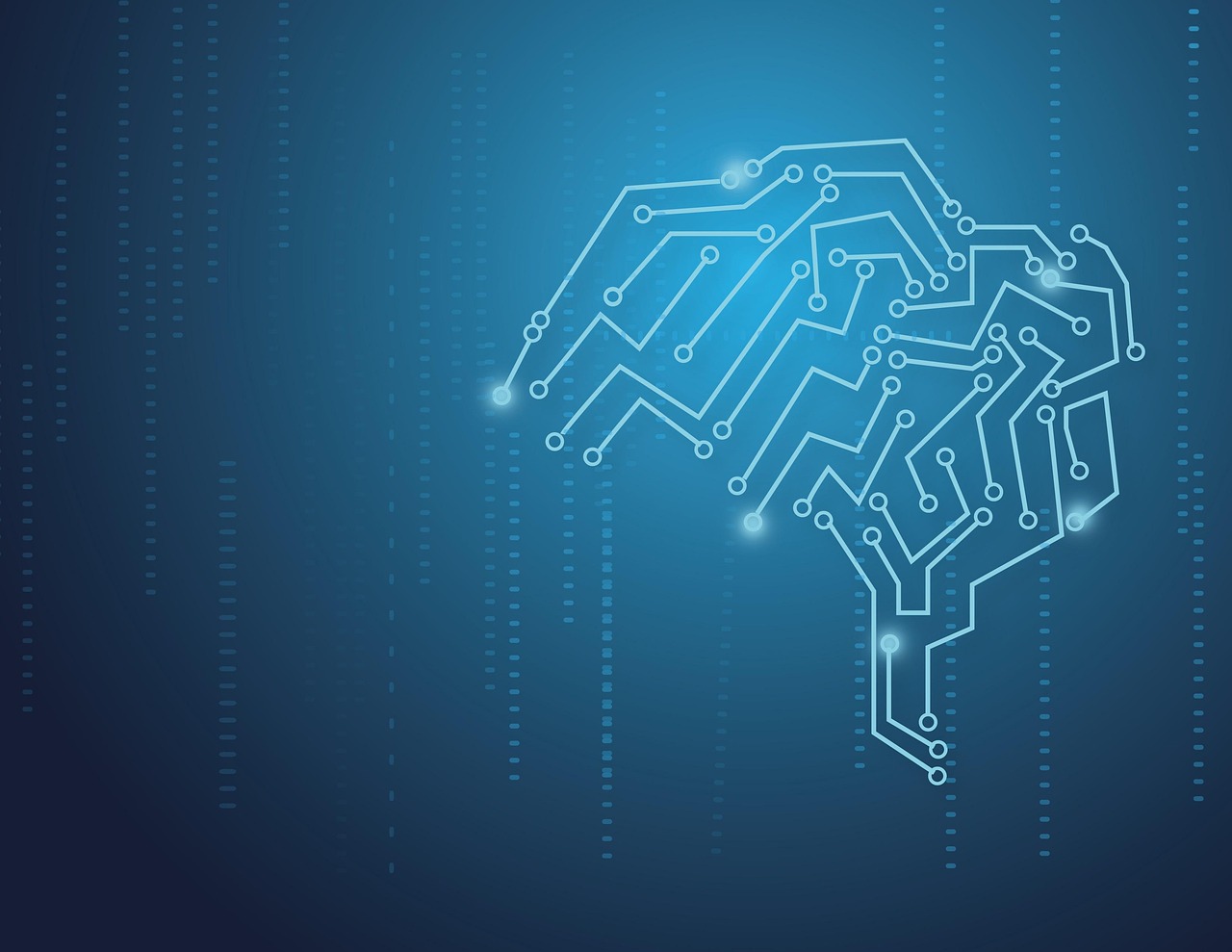Networking, in its essence, is about building and nurturing relationships. In today’s rapidly evolving digital landscape, Artificial Intelligence (AI) is not just a tool for automation; it’s revolutionizing how we connect, collaborate, and build professional networks. This blog post explores the exciting intersection of AI and networking, offering insights into how AI-powered solutions are transforming the way professionals connect, find opportunities, and foster meaningful relationships.
The Rise of AI in Professional Networking
What is AI Networking?
AI networking leverages artificial intelligence technologies to enhance and streamline the process of building and maintaining professional connections. It involves using algorithms, machine learning, and natural language processing to analyze data, identify relevant connections, and facilitate interactions in a more efficient and personalized manner. Instead of relying solely on manual searching and traditional methods, AI helps professionals discover and engage with the right people, leading to more productive and beneficial networking experiences.
Key Benefits of AI-Powered Networking
- Enhanced Discoverability: AI algorithms can analyze vast amounts of data to identify individuals with similar interests, skills, or professional goals that might otherwise be overlooked. This dramatically expands the pool of potential connections.
- Personalized Recommendations: AI engines learn from user behavior and preferences to provide tailored recommendations for connections, groups, and content, making networking more relevant and engaging.
- Efficient Matching: AI can match professionals based on specific criteria, such as industry, skills, or experience, facilitating targeted networking that saves time and effort.
- Improved Communication: AI-powered tools can assist with communication by offering suggestions for conversation starters, summarizing key points from past interactions, and providing real-time translation.
- Data-Driven Insights: AI provides valuable insights into networking patterns, relationship strengths, and potential opportunities, enabling professionals to make informed decisions and optimize their networking strategies.
AI-Powered Networking Platforms and Tools
LinkedIn and AI
LinkedIn, the world’s largest professional networking platform, has heavily integrated AI into its functionality.
- People You May Know: LinkedIn’s recommendation engine uses AI to suggest potential connections based on shared connections, profile similarities, and user activity. For example, if you frequently interact with professionals in the marketing industry, LinkedIn will likely suggest connecting with other marketers in your network’s extended connections.
- Job Recommendations: AI algorithms analyze your profile, skills, and job search history to recommend relevant job opportunities. This helps you find positions that align with your expertise and career goals.
- Skill Endorsements: LinkedIn uses AI to suggest skills that you might possess based on your job titles and experience. This simplifies the process of showcasing your skills to potential employers and connections.
- LinkedIn Learning: This platform employs AI to recommend courses based on your skills, interests, and career goals, supporting continuous professional development.
AI-Driven Networking Apps
Beyond LinkedIn, several specialized AI-powered networking apps are emerging:
- Shapr: This app connects professionals based on their interests, skills, and goals. It uses a swipe-based interface similar to dating apps, but for professional connections. It provides targeted matches, facilitating easier and more relevant connections.
- Lunchclub: This AI-powered platform connects you with people for virtual coffee chats based on your interests and objectives. It offers a unique way to network with like-minded professionals without the pressure of traditional networking events.
- Meetup: Although not strictly AI-driven, Meetup uses algorithms to suggest groups and events based on your interests and location, helping you connect with local professionals and build your network.
Strategies for Leveraging AI in Your Networking Efforts
Optimizing Your Online Profile
- Keywords are Key: Use relevant keywords throughout your profile, including your job title, skills, and experience. This helps AI algorithms understand your expertise and connect you with the right people. Think about what terms recruiters or potential collaborators would search for and integrate those naturally into your profile.
- Showcase Your Skills: List all your relevant skills on your profile and actively seek endorsements from your connections. Endorsements validate your expertise and improve your profile’s visibility.
- Engage Actively: Regularly update your profile with new experiences, accomplishments, and insights. Share relevant articles and engage in discussions to demonstrate your expertise and build relationships.
Using AI for Targeted Outreach
- Identify Potential Connections: Use AI-powered tools to identify professionals who align with your interests, skills, or career goals. For example, use LinkedIn’s advanced search filters to find individuals in specific industries or roles.
- Personalize Your Outreach: Avoid generic connection requests. Instead, personalize your message by referencing shared connections, mutual interests, or recent accomplishments. This shows that you’ve taken the time to learn about the person and are genuinely interested in connecting.
- Follow-Up Strategically: Track your outreach efforts and follow up with potential connections who haven’t responded. Use AI-powered tools to schedule reminders and personalize your follow-up messages.
Participating in Online Communities
- Join Relevant Groups: Join LinkedIn groups, online forums, and other online communities related to your industry or interests. These groups provide opportunities to connect with like-minded professionals, share insights, and build relationships.
- Engage in Discussions: Actively participate in discussions by sharing your insights, asking questions, and offering helpful advice. This demonstrates your expertise and builds your reputation within the community.
- Contribute Valuable Content: Share relevant articles, blog posts, and other content that adds value to the community. This positions you as a thought leader and attracts potential connections.
Ethical Considerations in AI Networking
Data Privacy and Security
- Be Mindful of Data Sharing: When using AI-powered networking tools, be mindful of the data you’re sharing and how it’s being used. Read the privacy policies and terms of service carefully to understand how your data is collected, stored, and shared.
- Protect Your Personal Information: Avoid sharing sensitive personal information on networking platforms, such as your address, phone number, or financial details.
- Use Strong Passwords and Enable Two-Factor Authentication: Protect your accounts with strong passwords and enable two-factor authentication to prevent unauthorized access.
Algorithmic Bias and Fairness
- Be Aware of Bias: AI algorithms can be biased based on the data they’re trained on. Be aware of potential biases and take steps to mitigate them. For example, if you notice that an AI-powered tool is recommending connections who are predominantly from a certain demographic group, consider expanding your search criteria to include a wider range of individuals.
- Promote Diversity and Inclusion: Actively seek out connections from diverse backgrounds and perspectives. This can help to counteract biases and build a more inclusive network.
Conclusion
AI is transforming the landscape of professional networking, offering powerful tools and strategies for building connections, finding opportunities, and fostering meaningful relationships. By leveraging AI-powered platforms, optimizing online profiles, engaging in targeted outreach, and participating in online communities, professionals can unlock the full potential of AI networking and achieve their career goals. However, it’s crucial to be mindful of ethical considerations and take steps to protect data privacy, address algorithmic bias, and promote diversity and inclusion. As AI continues to evolve, its role in professional networking will only become more significant, making it essential for professionals to embrace and adapt to these changes.




